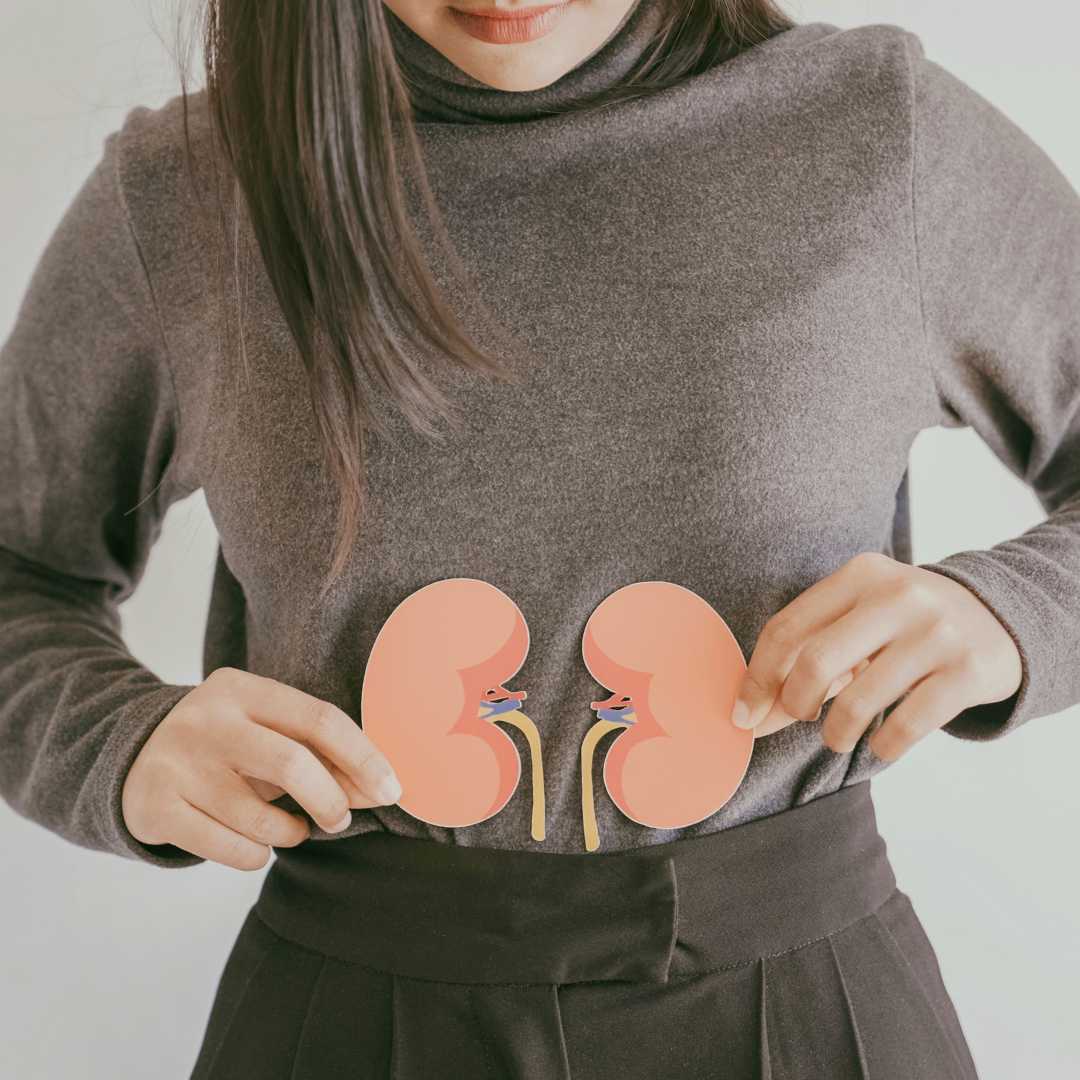Organ Transplant

Table of Content
Key Insights at a Glance
- Organ transplant procedures are highly specialized, requiring strict matching processes.
- Internationally accredited clinics can perform complex organ transplants safely and affordably.
- Patients may need extended stays abroad for pre- and post-operative care.
- Organ transplant costs abroad are often significantly lower than in Western countries.
What is an Organ Transplant?
An organ transplant is a surgical procedure in which a damaged or failing organ is replaced with a healthy one from a donor. Common transplants include kidneys, liver, heart, lungs, and pancreas. Organ transplants are often life-saving and can dramatically improve quality of life for patients suffering from chronic organ failure.
Symptoms of Organ Failure Treated by Transplants
- Persistent fatigue and weakness
- Swelling in various parts of the body, particularly the legs
- Decreased organ function and failure to carry out bodily functions
- Breathing difficulties (specific to heart and lung failure)
- Severe pain or discomfort in the affected organ area
Latest Types of Organ Transplant Procedures Available Worldwide
| Type of Transplant | Description |
|---|---|
| Kidney Transplant | Involves replacing a failing kidney with a healthy donor kidney. |
| Liver Transplant | Replaces a failing liver with a full or partial healthy liver from a donor. |
| Heart Transplant | Removes a damaged heart and replaces it with a healthy donor heart. |
| Lung Transplant | Can involve one or both lungs, replacing them with healthy donor lungs. |
| Pancreas Transplant | Involves replacing the pancreas, typically for patients with severe diabetes. |
Find out more about different packages for Organ Transplant by clicking here.
Safety Concerns Related to Organ Transplant Abroad
- Organ matching and compatibility testing are essential to prevent rejection.
- Strict adherence to international transplant guidelines is critical for safety.
- Accredited facilities follow high hygiene and safety standards to prevent infections.
- Post-operative care and monitoring help prevent complications.
Risks Associated with Organ Transplants Globally
- Risk of organ rejection by the recipient’s body
- Potential for infection and blood clotting issues
- Possible adverse reaction to immunosuppressive medications
- Postoperative complications, such as bleeding or fluid buildup
Organ Transplant Procedure Overview Abroad
The organ transplant procedure is intricate and involves the following steps:
- Comprehensive health assessment and organ compatibility testing
- Preparation and anesthesia
- Removal of the failing organ (or organs)
- Placement of the donor organ and reconnection to blood vessels
- Careful closure and post-operative care to monitor for signs of rejection
Cost of Organ Transplant in the World | Compare Prices
| Country | Approximate Cost (USD) |
|---|---|
| Mexico | $30,000 - $50,000 |
| Turkey | $25,000 - $45,000 |
| Thailand | $28,000 - $52,000 |
| Colombia | $20,000 - $40,000 |
| India | $18,000 - $35,000 |
Find prices for Organ Transplant near you here.
FAQs Related to Organ Transplant Overseas
What does an Organ Transplant Cost without Insurance?
The cost of an organ transplant without insurance can vary based on the country and the type of transplant. In countries like Turkey and India, it can range between $18,000 and $50,000, offering significant savings compared to Western countries. Patients should inquire about specific prices at their chosen facility.
How long is the wait time for an organ transplant abroad?
Wait times for organ transplants vary by country and donor availability. Some international facilities have shorter waitlists than those in Western countries, but patients should discuss estimated times directly with the facility.
Is it safe to undergo an organ transplant abroad?
Yes, when performed at internationally accredited hospitals with experienced transplant teams, organ transplants abroad can be safe. Clinics with global certifications adhere to strict medical standards, ensuring patient safety and high-quality care.
What types of follow-up care are necessary post-transplant?
Post-transplant, patients require continuous monitoring to detect early signs of rejection, infections, or complications. Most clinics abroad offer follow-up plans and recommendations to help manage recovery and ongoing health.
Are there financing options available for organ transplants abroad?
Many clinics offer financing options to make organ transplants more accessible, often through in-house financing or third-party medical lenders. Payment plans can help patients manage the costs involved in transplant surgery and care.
Book Your Organ Transplant Appointment Today with PlacidWay
Taking the first step toward a life-changing organ transplant? PlacidWay can connect you with the best healthcare facilities abroad, ensuring that you have access to safe, affordable, and accredited organ transplant services. Our experts are here to guide you through every step, from pre-surgery consultation to post-operative care, so you receive the quality treatment you deserve. Begin your journey to a healthier life today with PlacidWay's support and expertise.









